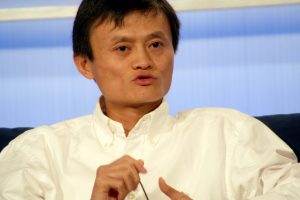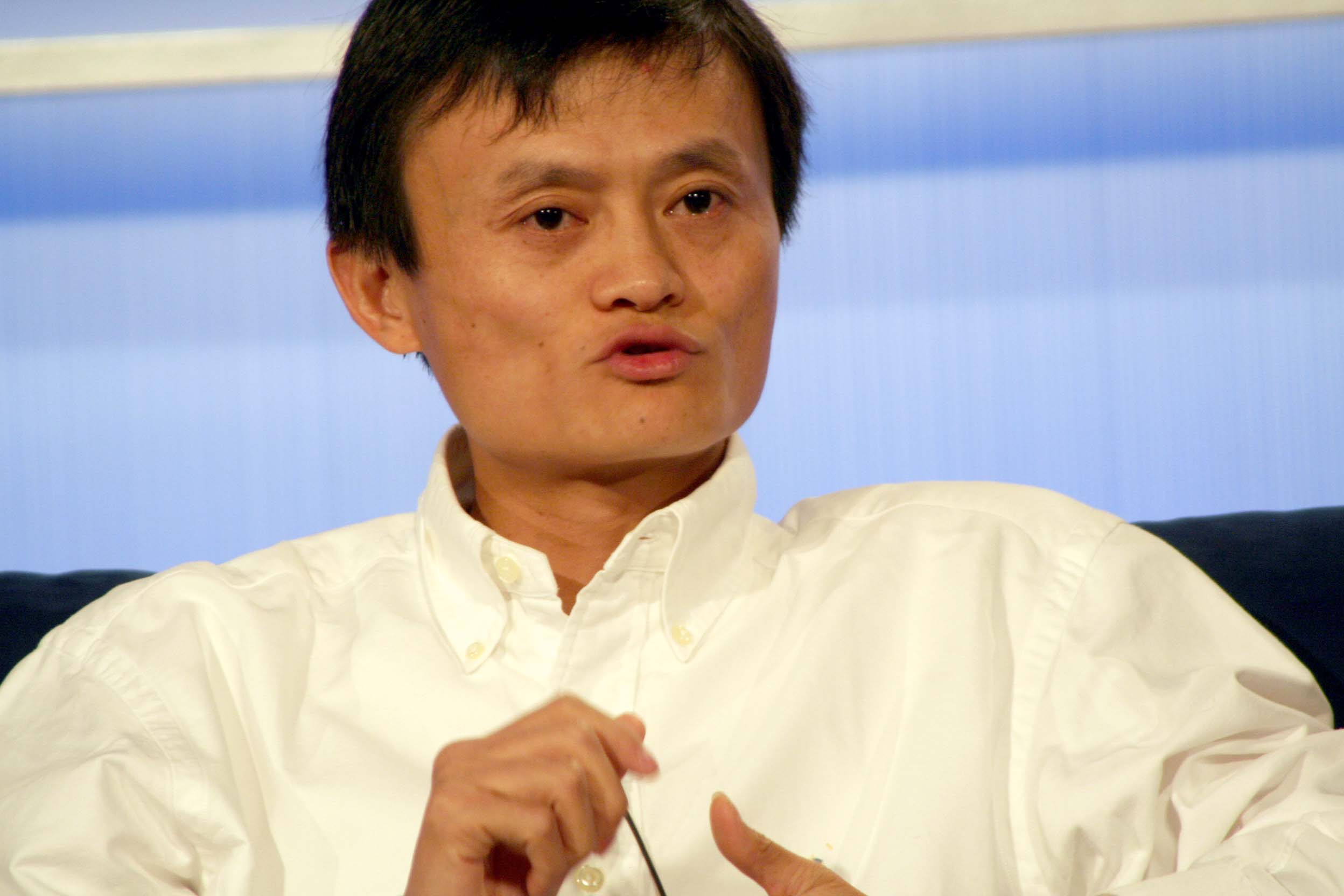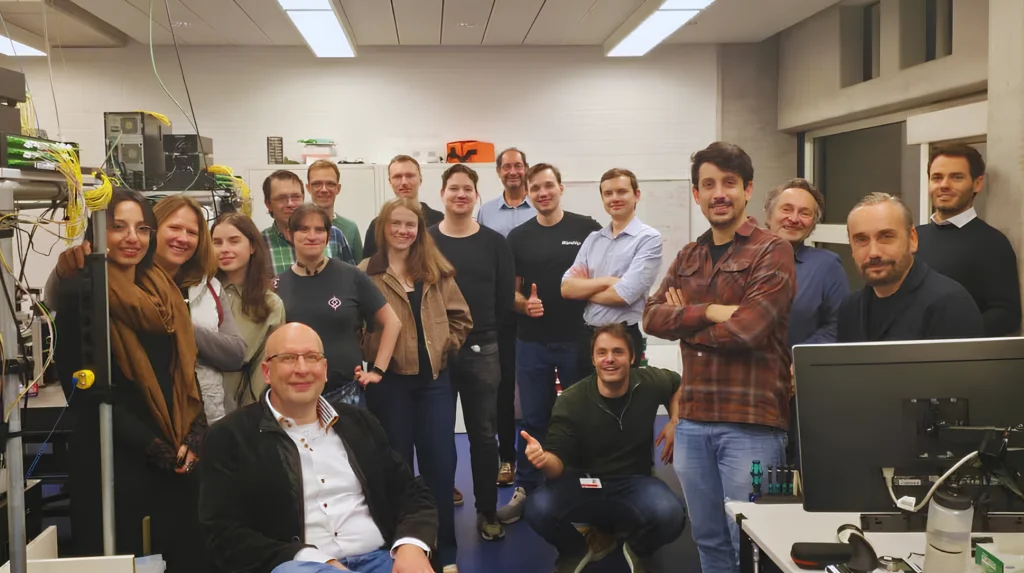
He who wishes to fight must first count the cost. — Sun Tzu
The scuttling of Jack Ma’s Ant Group, followed in short order by the Chinese Communist Party’s (CCP) stunning anti-trust investigation against Ma’s once praised Alibaba, has sent shockwaves across the country’s growing entrepreneurial community. While many experts are currently speculating on the immediate effects that this quick strike against one of China’s former darlings of entrepreneurism will have on the global markets, not many are counting the overall cost. Will these actions affect the translation of China’s breathtaking academic advances — in areas, such as quantum computing and genetic engineering — into commercial applications? Will this news affect deep tech and quantum entrepreneurs in China?
It seems almost certain that it will. But the direction, duration and intensity of these effects are a bit difficult to predict. There seem to be good and bad scenarios for both China and the global quantum community, as well as short-term and long-term potential repercussions. We’ll take a look at a few.
Short-Term Positive Possibilities
The CCP is banking that Ma’s comeuppance will unleash the bristling entrepreneurism that may be stymied by the stranglehold that the dominant Chinese players — Alibaba, Tencent, etc. — once had. Presumably, some of these entrepreneurs could be heading quantum startups. Once the initial shock of the CCP’s actions wear off, the anti-trust environment will free quantum entrepreneurs to seek investments and attention that was once drained by the Chinese mega-companies.

Short-Term Negative Possibilities
A lot of the positive possibilities rest on the perception. If Chinese entrepreneurs perceive the actions against Ma as truly an anti-trust effort against oligarchs and not as backlash against Ma’s eye-raising knock against Chinese and international bankers, then the actions could create a more conducive competitive climate for China’s quantum startups. However, if entrepreneurs see Ma, once the CCP’s poster boy for Chinese ambition and inventiveness, nearly become a state prisoner for growing too ambitious and too inventive, then the chilling effect could put a lock on China’s nascent quantum industry.
 One of the knocks on China’s academic quantum efforts is that they show little potential to be commercialized, so we also must consider the negative impact this action is having on the companies that most likely will be partners with China’s scientific leaders in commercialization of quantum technology. In fact, the organizations that have the ability to take China’s quantum tech from the lab into the mainstream are the very companies in the CCP’s crosshairs. Alibaba has a quantum program. Search giant Baidu has a quantum program and a strong effort in quantum AI. Those companies will, at best, be distracted by CCP’s recent intervention and, at worst, be completely derailed.
One of the knocks on China’s academic quantum efforts is that they show little potential to be commercialized, so we also must consider the negative impact this action is having on the companies that most likely will be partners with China’s scientific leaders in commercialization of quantum technology. In fact, the organizations that have the ability to take China’s quantum tech from the lab into the mainstream are the very companies in the CCP’s crosshairs. Alibaba has a quantum program. Search giant Baidu has a quantum program and a strong effort in quantum AI. Those companies will, at best, be distracted by CCP’s recent intervention and, at worst, be completely derailed.
Could grassroots companies take their place? Possibly, but, quantum computing is not a side-hustle. It requires, as one expert mentioned in a recent interview, people who have the ability to write “seven-figure checks” to fund investigations into quantum. Those checks require many more figures when we estimate the cost of actually building quantum computers. In truth, only companies like the Ant Group and Tencent have the economic ability to match the global competition — the Googles, the IBMs, and Honeywells.
Long-Term Global Positives
For the rest of the world, China’s loss — if it actually becomes a loss — could turn into a gold mine of talent, experience and ambition to fuel their own quantum programs. People who have the ambitions to start up a quantum computer company may be enviousness of Ma, but, many also want to be like him. If those ambitions are dashed, they may look elsewhere to launch businesses and companies. The West, which is in desperate need for quantum scientific and engineering talent, would be more than willing to accept these wanna-be Mas. The welcome mat that was yanked away by the Trump administration very likely will be extended during Biden’s term. More than likely, that will be extended sooner, rather than later.
Long-Term Negative
It’s not all good news for the global quantum community. China’s advances have been, arguably, good for the entire quantum effort. Scientifically, the advances are invaluable. But, it’s also created a competitive environment where the world’s entrepreneurs needed to look over the shoulder at China’s latest discovery. Could the loss of China’s competitive fire cause a general slowing down of new developments in quantum information science?
These are all likely — or maybe quite unlikely — questions, scenarios and speculations, but I’m always interested in hearing your take. Please feel free to critique or speculate in the comments section.
Please sign up for advanced access to The Quantum Insider for a break down on the international effort to investigate and commercialize quantum.
If you found this article to be informative, you can explore more current quantum news here, exclusives, interviews, and podcasts.















